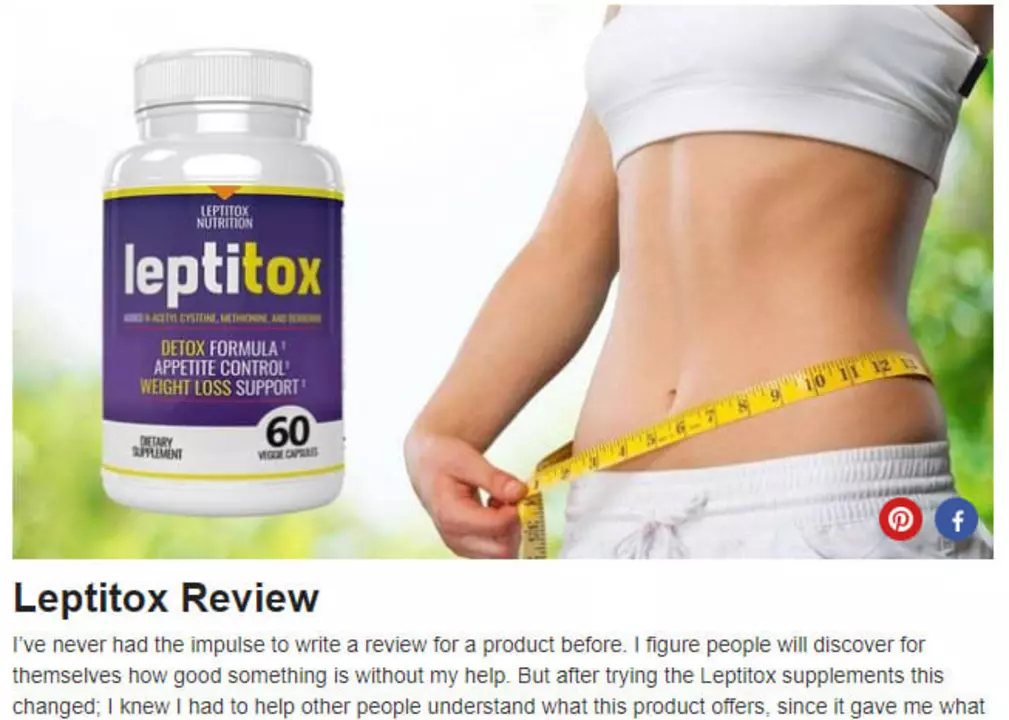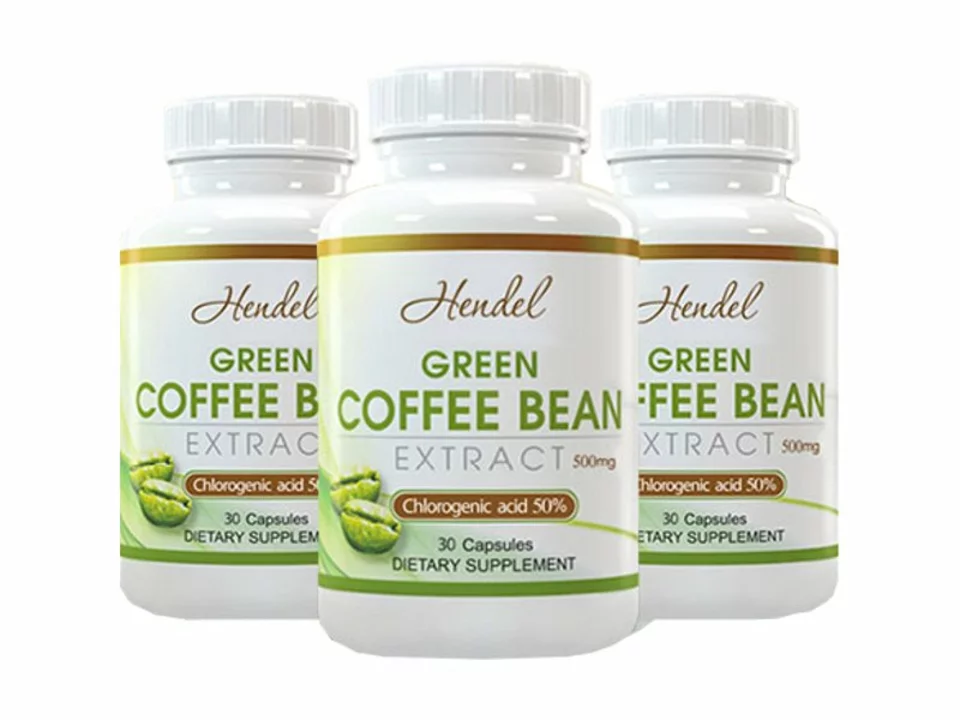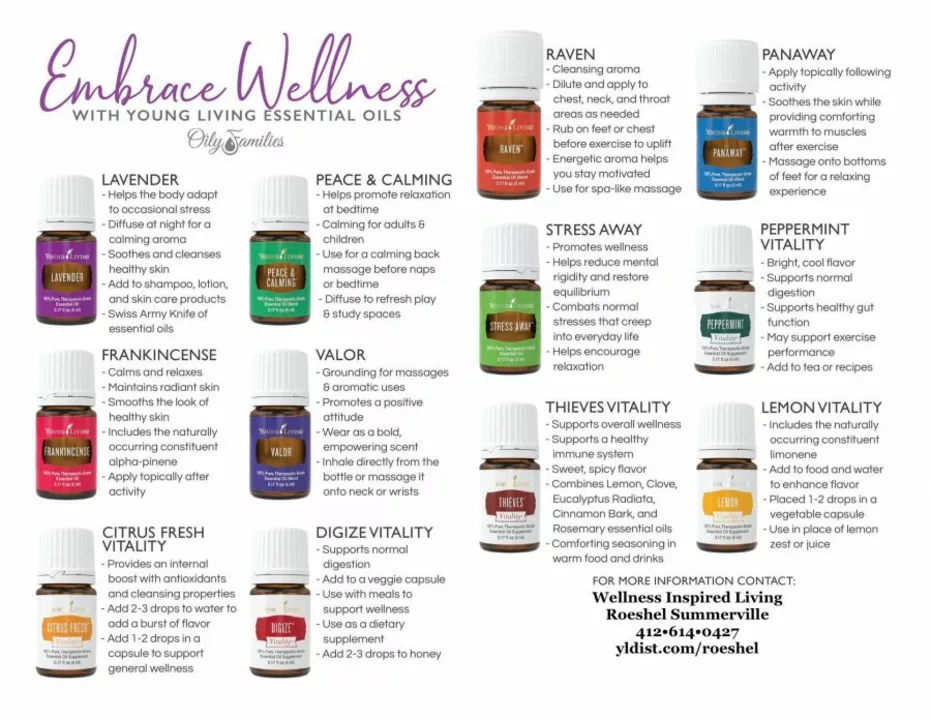Dietary supplement: a simple, practical guide
Shopping for supplements can feel confusing. Bottles promise energy, stronger joints, or better sleep—but how do you know what actually helps? This page gives clear tips so you can pick products that are more likely to work and less likely to cause problems.
How to pick a good supplement
Start with the need. Ask: What nutrient do I lack? A quick blood test or a chat with your pharmacist or doctor helps. If you already eat a balanced diet, you might only need small amounts—or nothing at all.
Read the label. Look at the Supplement Facts panel for serving size, amount per serving, and % Daily Value. Beware of huge doses that far exceed recommended amounts unless a clinician told you to take them.
Choose third-party tested brands. Look for seals from NSF, USP, or ConsumerLab. Those checks don’t guarantee every claim, but they lower the risk of contamination and label mistakes.
Pick the right form. Some nutrients absorb better in certain forms—for example, methylcobalamin for B12 or citrate for magnesium. If you have trouble swallowing pills, powders or gummies are options, but watch added sugar and fillers.
Safety tips and interactions
Check drug interactions. Supplements like St. John’s wort, ginkgo, or high-dose vitamin K can change how prescriptions work. Tell your doctor or pharmacist what you take—every time you start or stop a supplement.
Avoid blanket claims. If a product promises to cure a disease, that’s a red flag. Legit supplements support health; they don’t replace medical treatment for serious conditions.
Watch for side effects. Even vitamins can cause problems at high doses—too much vitamin A can harm the liver, and excess iron can be toxic. If you feel odd after starting a supplement, stop and check with a clinician.
Buy from reliable sellers. If you order online, check for a real business address, phone number, and clear return policy. Licensed pharmacies and well-known retailers are safer than unknown marketplaces.
Consider cost versus value. Cheaper isn’t always worse, but extremely cheap products may cut corners. Compare ingredient lists and testing seals, not just price.
Special groups need extra caution. Pregnant or breastfeeding people, children, and those with chronic illness should only take supplements under medical advice. Athletes should check WADA rules before using anything that could test positive for banned substances.
Store supplements properly. Keep them in a cool, dry place, away from sunlight. Check expiration dates and toss anything that looks discolored or smells off.
Want specifics? Use a simple checklist: 1) Know your need. 2) Read the label. 3) Check third-party testing. 4) Review interactions. 5) Buy from a trusted seller. Follow that and you’ll cut risk and get more benefit from what you take.
Need help choosing a product or checking for interactions with a prescription? Our site covers reviews, safety tips, and how to spot legit online pharmacies—so you can shop smarter and safer.
Malic Acid Benefits: The Ultimate Supplement Guide
Explore how malic acid supports energy, muscle recovery, skin and dental health, and tackles chronic fatigue. Get dosage tips, safety info, and a clear comparison with similar acids.
Chinese Mallow Supplement Benefits: Natural Health Secret Revealed
Chinese Mallow, a little-known traditional herb, has become a buzzword in the wellness scene for its powerful natural benefits. This article digs deep into how Chinese Mallow works, the research supporting its use, and the best ways to add it to your diet for noticeable health results. We’ll break down not just how it helps with digestion and immunity but also why it might be worth keeping in your kitchen cabinet. Expect honest advice, interesting facts, and clear guidance—whether you’re new to herbal supplements or already a fan. Discover how something so simple can do so much.
Unlocking the Power of Glutathione: A Comprehensive Health Guide
Discover the benefits of glutathione, a powerful antioxidant that can improve overall health and detoxify the body. This guide explores how glutathione works, its sources, its role in fighting aging, and tips on boosting your body's levels naturally and through supplements. Learn why maintaining adequate levels of this 'master' antioxidant could be important for longevity and well-being.
Transform Your Health Naturally with Condurango: The Ultimate Supplement
Discover the transformative benefits of Condurango, a natural dietary supplement known for its powerful health properties. Learn how this unique herb can improve digestion, boost immunity, and support overall wellness. Get practical tips on incorporating Condurango into your daily routine for optimal health.
Raspberry Ketone Supplement for Fast Weight Loss: What You Need to Know
Raspberry ketone, an all-natural compound found in red raspberries, has gained popularity as an effective supplement for weight loss. This article delves into the science behind raspberry ketone, its benefits, how to use it safely, and some tips and tricks to maximise its effectiveness for weight loss. Learn everything you need to know about incorporating this supplement into your routine for rapid and healthy weight loss.
Bugleweed: The Surprising Dietary Supplement That's Taking the Health World by Storm
I recently came across Bugleweed, a dietary supplement that's gaining popularity in the health world. This incredible herb is known for its numerous health benefits, such as thyroid support and reducing anxiety. Many people are turning to Bugleweed as a natural alternative to medications. I'm excited to learn more about this powerful plant and its impact on overall health. Stay tuned for more updates on Bugleweed and its potential to revolutionize the world of dietary supplements!
The Science Behind Banaba: How This Dietary Supplement Can Help You Shed Pounds and Improve Your Health
In my recent blog post, I explored the science behind Banaba, a dietary supplement that can help you lose weight and improve your health. Banaba, derived from the leaves of the Lagerstroemia speciosa tree, is known for its blood sugar-lowering properties and ability to support weight loss. Its active ingredient, corosolic acid, helps regulate insulin levels and boosts glucose metabolism. Additionally, Banaba contains potent antioxidants that promote overall health and reduce inflammation. If you're looking for a natural way to shed pounds and stay healthy, Banaba might just be the supplement for you!
Swamp Milkweed: The Game-Changing Dietary Supplement You've Been Waiting For
I recently came across a game-changing dietary supplement called Swamp Milkweed, and I just had to share it with you all! This amazing plant is packed with essential nutrients that can greatly benefit our health. What's even more exciting is that it's a natural and sustainable option for those looking to improve their overall well-being. I've been trying it out for a while now, and I can confidently say that it has made a noticeable difference in my energy levels and overall health. I strongly recommend giving Swamp Milkweed a try if you're searching for a unique and effective addition to your daily supplement routine.
Boost Your Overall Wellness with Cnidium: The Dietary Supplement You Can't Ignore
As a wellness enthusiast, I recently discovered Cnidium, a dietary supplement that has piqued my interest. This powerful herb has been used in traditional Chinese medicine for centuries and offers numerous health benefits. By incorporating Cnidium into my daily routine, I've noticed improvements in my overall wellness, including increased energy and better digestion. I can't stress enough the importance of giving this supplement a try! Don't miss out on the opportunity to boost your overall health and well-being with Cnidium.














